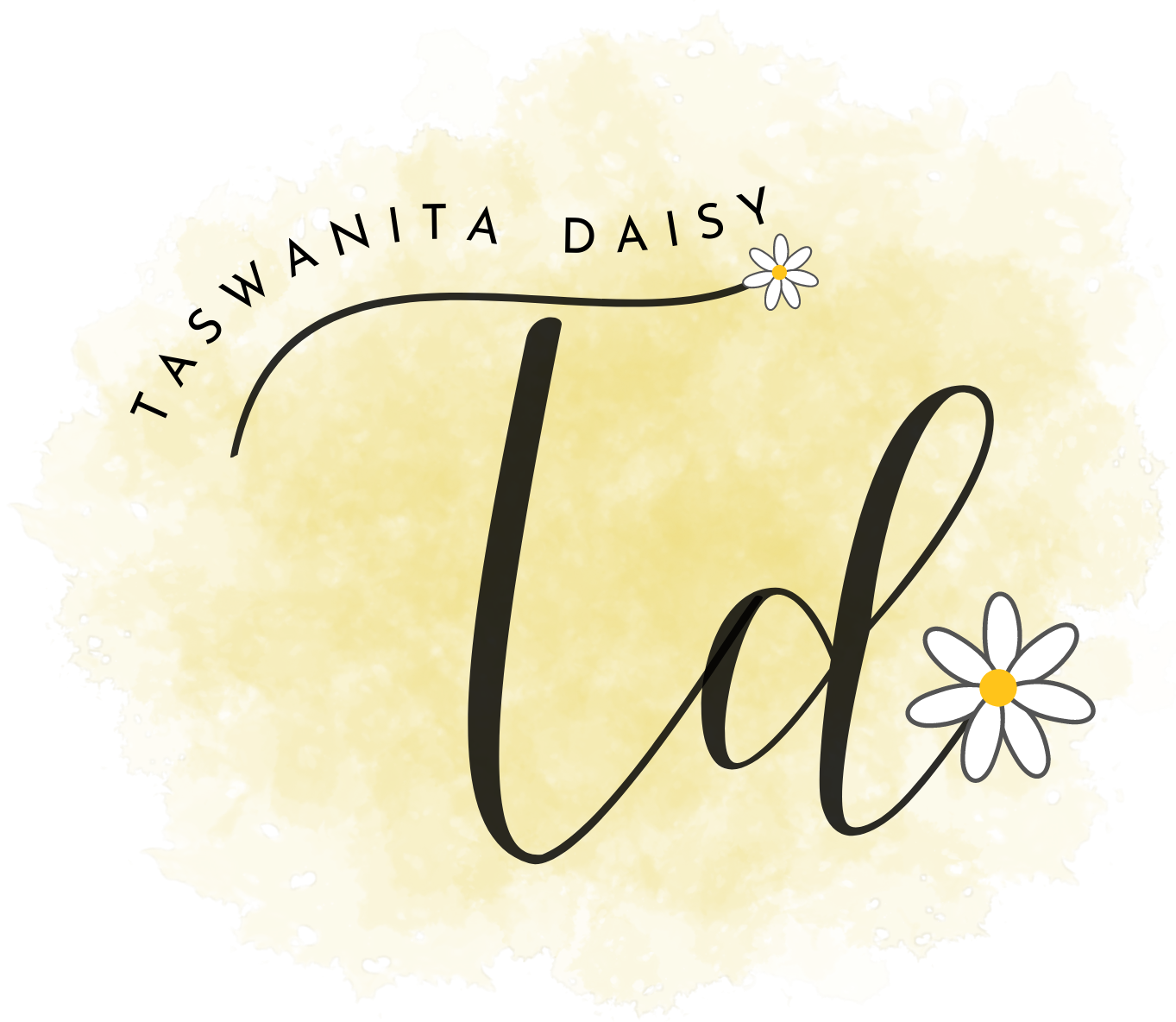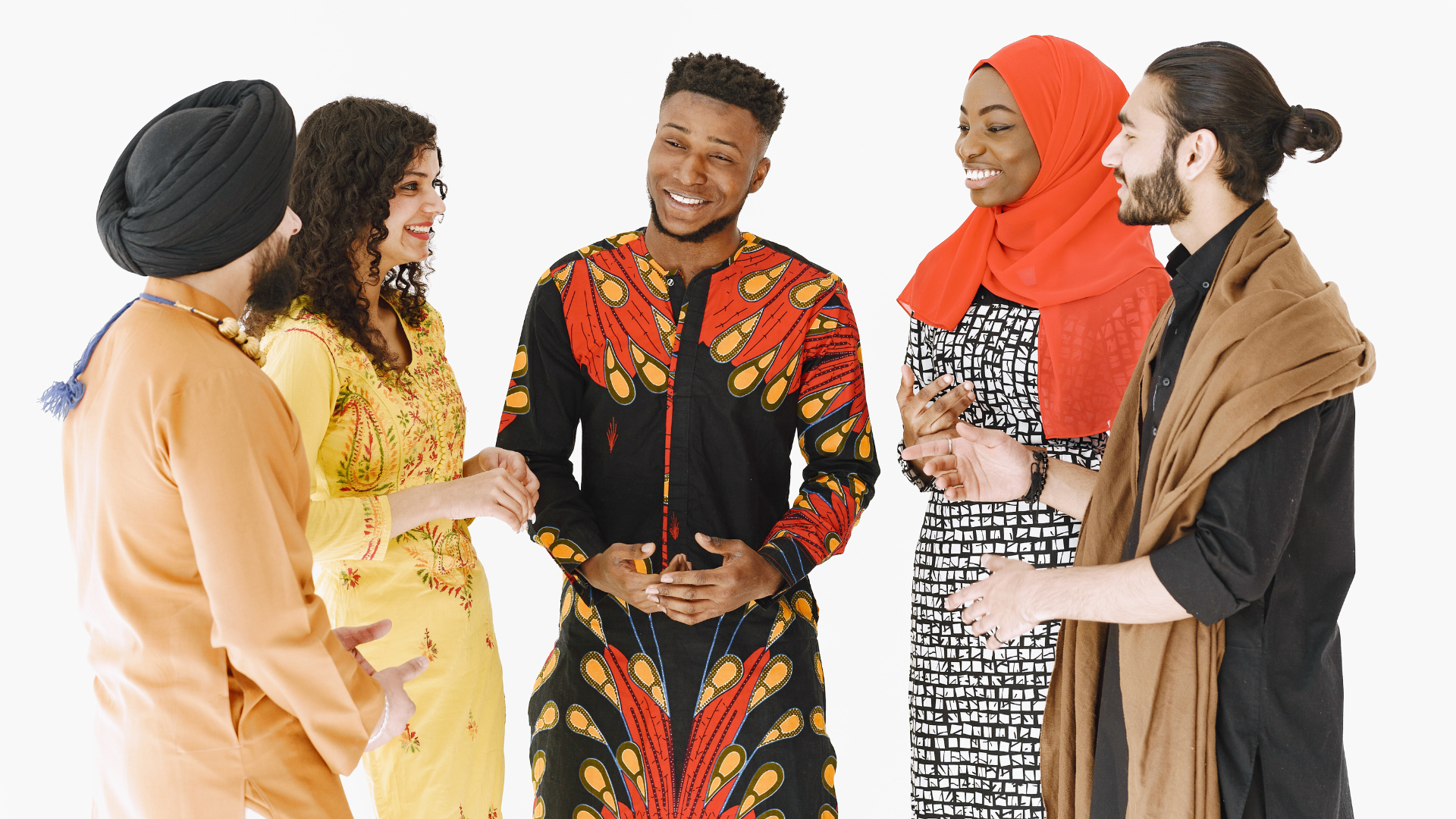Exploring diverse cultural traditions offers individuals enriching experiences that can lead to personal growth and a broader perspective on life. Exposure to different customs, values, and practices enhances empathy and understanding, allowing for deeper connections with others. By immersing oneself in various traditions, one can appreciate the richness of human experience and recognize the beauty in diversity.
Engaging with different cultures can stimulate curiosity and foster a spirit of inclusivity. It encourages individuals to question their own beliefs and assumptions, promoting critical thinking and open-mindedness. Through cultural exchanges, people can share knowledge, traditions, and stories that can change perceptions and challenge stereotypes.
In an increasingly globalized world, understanding diverse cultural traditions is more important than ever. It creates opportunities for collaboration and community building, ensuring that all voices are heard and celebrated. Exploring these traditions can lead to a more harmonious coexistence and a deeper appreciation for the world’s multifaceted nature.
Understanding Cultural Diversity and Its Importance
Cultural diversity encompasses a variety of ethnicities, religions, and backgrounds. Recognizing its significance enriches societies and fosters mutual understanding. This section will examine the definitions, roles, and importance surrounding cultural diversity.
Defining Cultural Diversity
Cultural diversity refers to the differences in cultural backgrounds among people. It includes variations in language, traditions, and beliefs that shape individual identities. This diversity enhances creativity and social cohesion, fostering innovation and resilience in communities.
Countries that prioritize cultural diversity can create environments where multiple perspectives thrive. Such environments encourage tolerance and empathy, making it easier to navigate social challenges. The recognition of various cultural contributions leads to a richer societal fabric.
The Role of Ethnicity, Religion, and Race
Ethnicity, religion, and race are crucial components of cultural diversity. Ethnicity relates to one’s cultural heritage and shared history, while religion influences values, customs, and social norms. Race often intersects with these elements, affecting experiences and perspectives.
When different ethnic and religious groups coexist, they contribute diverse viewpoints to discussions and decision-making processes. This interplay allows for deeper insights and more comprehensive solutions to community issues. A diverse representation of backgrounds ensures a more equitable society.
The Importance of Representation
Representation in cultural contexts is essential for reflecting the diversity of a population. It ensures that different groups have a voice in societal decision-making. When individuals see their backgrounds acknowledged, it fosters a sense of belonging and validates their experiences.
In media, politics, and education, representation contributes to shaping perceptions and narratives. Diverse representation challenges stereotypes and promotes inclusivity. As societies become increasingly multicultural, recognizing various cultural backgrounds remains critical for harmony and growth.
Key Benefits of Exploring Diverse Cultural Traditions
Exploring diverse cultural traditions provides several important advantages. These benefits range from improved social cohesion to enhanced creativity and a deeper understanding of global perspectives.
Fostering Inclusion and Social Cohesion
Exposure to various cultural traditions promotes inclusivity within communities. It encourages individuals to appreciate differences and recognize the value of diverse backgrounds. When people engage with different cultures, they build connections based on shared experiences and mutual respect.
Social cohesion is strengthened as individuals learn to collaborate and communicate across cultural boundaries. Celebrating cultural events together fosters a sense of belonging, reducing prejudice and conflict. This inclusive environment supports peaceful coexistence and cooperation in society.
Enhancing Creativity, Innovation, and Problem Solving
Diverse cultural traditions introduce unique perspectives that can enhance creativity and innovation. When individuals from different backgrounds collaborate, they combine their unique approaches to problem-solving. This leads to a richer pool of ideas that fosters creative solutions.
Organizations benefit from this diversity as it drives innovation. Companies that prioritize cultural diversity can adapt more effectively to changing market demands. Different viewpoints stimulate new concepts, making organizations more resilient and competitive.
Gaining Valuable Insights and Global Perspectives
Engaging with multiple cultural traditions provides valuable insights into different ways of life. This exposure allows individuals to broaden their understanding of global issues. It encourages empathy and open-mindedness, which are crucial in today’s interconnected world.
Global perspectives gained through cultural exploration can help individuals navigate complex societal challenges. Understanding various customs and traditions fosters appreciation for differing viewpoints and practices. This insight enriches personal experiences and enhances relationships within diverse communities.
Improving Cultural Competence and Sensitivity
Developing cultural competence is essential in a globalized society. Exploring diverse traditions aids individuals in understanding and respecting cultural differences. This sensitivity fosters stronger relationships in both personal and professional contexts.
Individuals who embrace cultural diversity are better equipped to communicate effectively with others. This skill is particularly valuable in team-oriented environments where collaboration is critical. Greater cultural competence leads to improved decision-making, as individuals can approach situations with a broader understanding of potential implications.
Practical Applications in Society and the Workplace
Exploring diverse cultural traditions brings numerous practical benefits that enhance both workplace culture and business operations. By promoting inclusivity, organizations can drive productivity and reach a larger audience in the increasingly globalized market.
Building an Inclusive Workplace Culture
An inclusive workplace culture encourages employees to share their diverse backgrounds. This fosters open communication and collaboration, creating an environment where everyone feels valued. Organizations can implement training sessions that focus on cultural awareness. This can help employees understand different perspectives, which boosts unity.
Diversity initiatives can improve a company’s reputation, attracting top talent from varied backgrounds. Organizations recognizing and celebrating cultural differences are better positioned to promote innovation and creativity.
Increasing Productivity and Competitive Advantage
Diverse teams contribute to increased productivity. Varied viewpoints lead to unique problem-solving approaches, enhancing decision-making processes. Companies with diverse workforces often outperform their competitors. They gain a competitive advantage by leveraging different skills and experiences to tackle challenges more effectively.
Additionally, employees in inclusive environments are generally more engaged, resulting in higher motivation levels. Engaged employees tend to be more productive and committed to achieving organizational goals.
Expanding to a Broader Customer Base in a Globalized Market
As markets become more globalized, understanding diverse cultural traditions is crucial. Companies that embrace cultural diversity can effectively tailor their products and services to meet the needs of various demographic groups. By employing culturally aware marketing strategies, businesses can resonate more effectively with a broader customer base. This can enhance customer loyalty and improve market penetration.
Investing in cultural competency not only boosts sales but also strengthens brand reputation. Organizations that showcase a commitment to diversity often attract customers who value inclusivity, further expanding their reach in the global market.
Overcoming Cultural Barriers and Promoting Continuous Learning
Exploring diverse cultural traditions fosters an environment conducive to learning and growth. Addressing underlying barriers such as discrimination and communication challenges is essential for building bridges between communities.
Challenging Discrimination and Bias
Discrimination and bias hinder social progress and understanding. They manifest in various forms, impacting individuals based on race, ethnicity, and sexual orientation. To overcome these barriers, participation in multicultural initiatives is vital.
Awareness programs can educate individuals on the significance of diversity. Anti-bias training in workplaces and schools promotes inclusivity, encouraging collaboration. Celebrating different cultural festivals encourages acceptance, while open dialogues help dismantle prejudices.
Creating safe spaces for conversations leads to empathy and a better appreciation of varying viewpoints. With continuous effort, societal norms can shift, supporting a more inclusive environment.
Addressing Communication Barriers
Effective communication is crucial for cross-cultural interactions. Misunderstandings often arise from varying cultural expressions and non-verbal cues. Addressing these communication barriers is necessary for fostering collaboration.
Active listening and sensitivity to cultural nuances enhance mutual understanding. Workshops focusing on effective communication skills can bridge gaps in understanding.
Additionally, utilizing technology can facilitate exchanges across language barriers. Video conferencing platforms and translation services enable deeper engagement among diverse groups. By prioritizing clear communication, individuals strengthen their connections.
Celebrating Cultural Holidays and Practices
Engaging in cultural holidays and practices allows individuals to appreciate different traditions. Such celebrations offer insights into values, customs, and beliefs, contributing to continuous learning. Businesses and organizations can host multicultural events that highlight various festivals. Participation in these celebrations promotes respect and understanding of diverse backgrounds.
Including traditional foods, music, and art enhances the experience, allowing for genuine connection. Encouraging collaboration among groups fosters appreciation for one another, breaking down barriers.
Language Skills and International Relations
Language proficiency plays a significant role in fostering international relations. The ability to communicate in multiple languages encourages dialogue and mutual respect. Learning new languages broadens individuals’ perspectives and increases cultural awareness. Educational programs can promote language acquisition alongside cultural education.
Furthermore, multilingualism enhances career opportunities and strengthens global partnerships. As individuals engage with others across borders, they contribute to a more interconnected world. Through language, barriers diminish, paving the way for collaboration and understanding.





